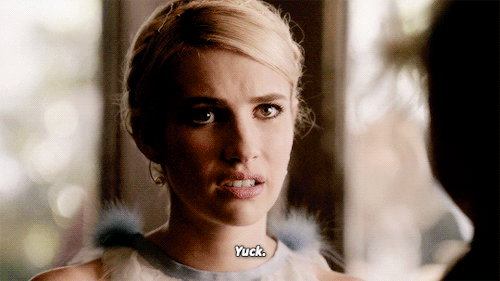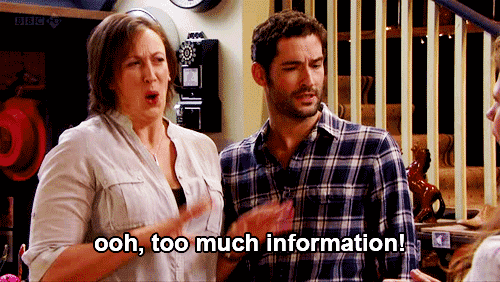Disclaimer*: The articles shared under 'Your Voice' section are sent to us by contributors and we neither confirm nor deny the authenticity of any facts stated below. Parhlo will not be liable for any false, inaccurate, inappropriate or incomplete information presented on the website. Read our disclaimer.
Menstruation, periods, pads and tampons. These are words which are supposed to be uttered only in hushed whispers for fear of disgusted looks and being labeled ‘unethical’ and ‘immoral’.
Log kya kahein ge is, to date, the reason why people refuse to voice their thoughts and opinions and hide behind a shell of conformity in order to be accepted. I, for one, refuse to fall into that stereotype and am all for female empowerment, but the second I utter these words, I get labeled a pseudo-liberal feminist.
Many of you might be gagging after reading the title of this article, but ask yourself, why? Is it really the blood that disgusts you or is it just the way you’ve been programmed to think, ingrained from the very start that periods are haww haye? Evidently, a social stigma is attached to the bleeding. Forced to hide our feminine hygiene products and showing no evidence of ever experiencing the horrible ordeal that a period can be, women on a monthly basis suppress themselves.



Source: PopKey
We are compelled to be ashamed of something that isn’t our fault and we’re ostracized for it. Even today, if we write or talk about it, we’re pointed out, shamed, called horrible things and inevitably be referred to as a ‘western wannabe’, reminded that this isn’t the way of our people.
Just because it isn’t a common notion doesn’t mean that there isn’t room for change. Therefore, in an attempt to enlighten, educate and eradicate the stigma attached to the entire process, I’m going to tell you about menstruation for what it really is.
Why Menstruation Occurs? Because of It All Natural!



Source: Teleport
When a female matures her ovaries release an ovum (egg) into the uterus every month in hopes to be fertilized and inevitably from a child. When this doesn’t happen the uterine lining breaks down and is released via the vagina along with mucosal tissue and blood. That’s how the process talks place.
PMS Is A Pain



Source: Miss C(abrona).
Pre-Menstrual Syndrome is due to the fluctuations in hormone levels which cause deadly painful cramps as well as mood swings, fatigue, nausea, swelling, and headaches.
Sanitary Products Are Still Widely Inaccessible



Source: Giphy
In an effort to manage a period, sanitary products such as pads, tampons and menstrual cups are used. However in Pakistan, women, especially in remote rural areas often do not have access to these products. This hampers with their routine as they simply remain isolated and do not go to school or carry out their activities.
Moreover, these hygiene products are also expensive so even when available, many women are unable to afford them and not only live in suffering but also subject themselves to possible infections and other diseases.
Most Religions Have A Perception on Menstruation



Source: Giphy
In Islam, menstruation forbids salah and is to be followed by ghusl to cleanse oneself of impurities. In Judaism, there is similar beliefs and mikvah is to be enacted following the cycle which is identical to ghusl. In Hinduism too, menstruating women are prohibited from entering a temple to worship or perform pooja.
Menstrual Hygiene Is Supremely Important



Source: Giphy
Menstrual Hygiene Day is celebrated on 28th May worldwide in an effort to break the taboos surrounding menstruation and to raise awareness of the importance of good menstrual hygiene. Inadequate management is connected with several problems that females face particularly in developing countries.
The current silence about menstruation limits women’s access to relevant and important information about their bodies, directly affecting their health, education, dignity and human rights. Worldwide, one in three women does not have access to a working toilet at all.
Menstrual Taboos



Source: Her Campus
Despite the fact that menstruation is a healthy biological process, it is approached with hesitance and misinformation because of deeply-rooted cultural taboos surrounding menstruation. Beliefs such as menstruation being a disease are still common and therefore, women who are menstruating are often not allowed to sleep on beds, enter kitchens, touch male members of their family or eat certain foods.
Hope this helped clear a misconception or two. Pseudo-liberal feminist and western culture wannabe out.















